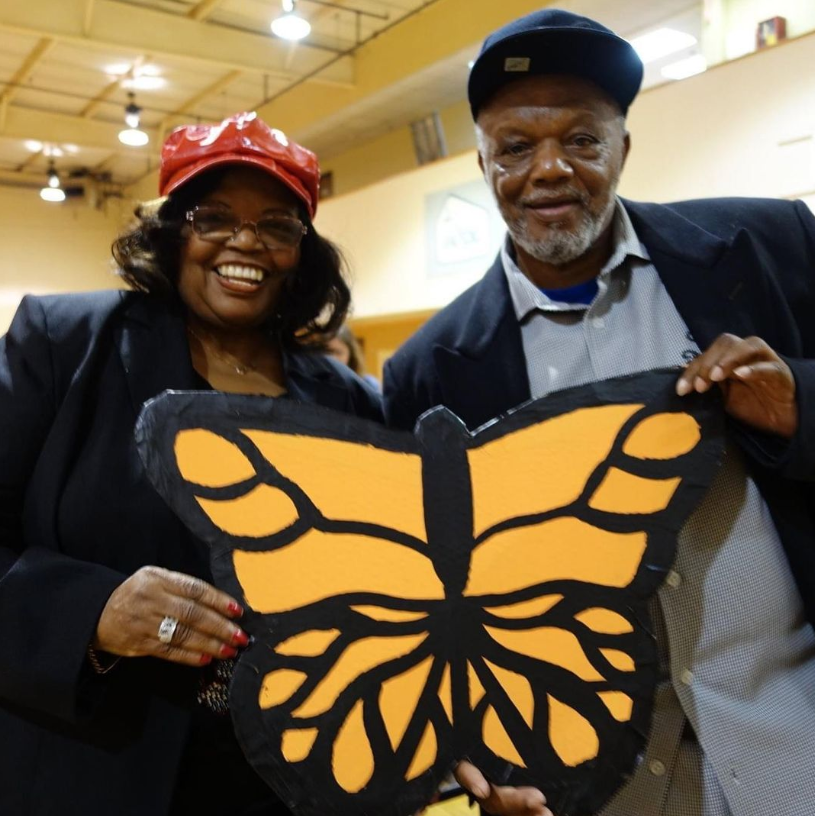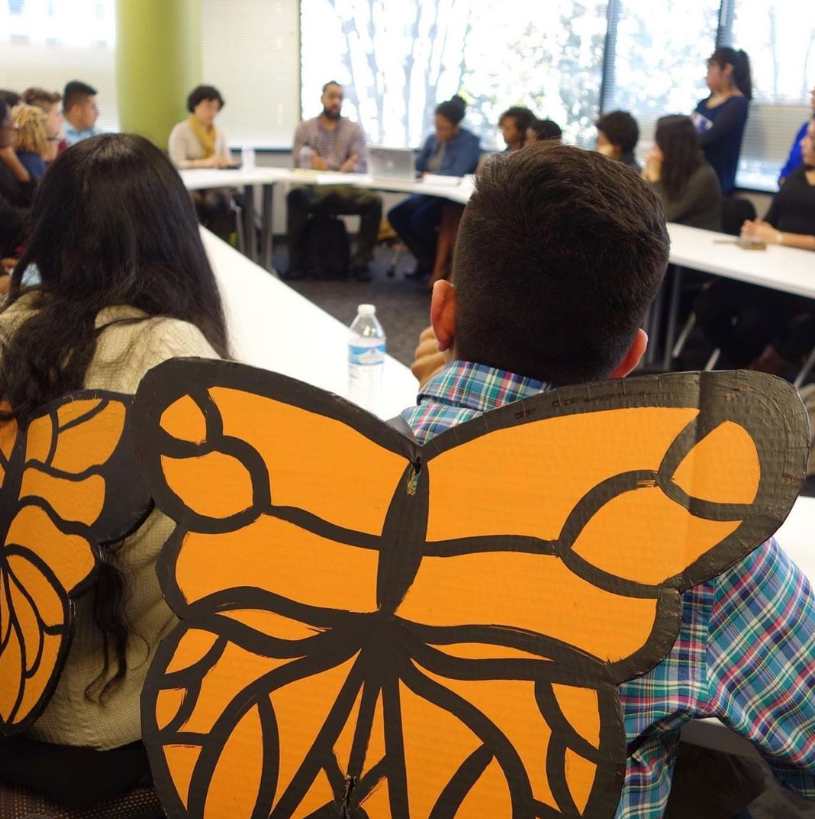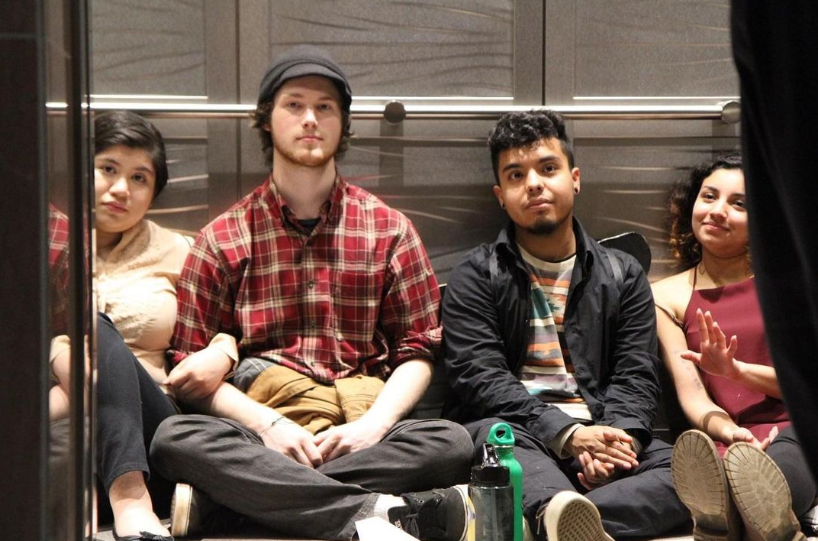From Sit-Ins to Legislation: Undocumented Students' Ongoing Struggle for Equality
Five years ago today, on February 1, 2016, more than 30 undocumented students and 60 student allies from 12 universities across the country staged classroom sit-ins to desegregate three Georgia public universities that banned undocumented students from admission: the University of Georgia, Georgia State University, and the Georgia Institute of Technology. These same universities also banned Black students in 1960.
The date of the classroom sit-ins was selected to honor the Greensboro lunch counter sit-ins of February 1, 1960, which ignited the youth-led movement for racial justice and an end to racial segregation in the U.S. South. The connection across movements and generations was more than just symbolic: joining the undocumented students in 2016 were Rutha and Emory Harris, two original members of the SNCC Freedom Singers.
Under Georgia Board of Regents' Policy 4.1.6 and Policy 4.3.4 (2010), undocumented students were banned from the top five public universities in Georgia and prohibited from qualifying for in-state tuition. Georgia is one of only three states – including Alabama and South Carolina – to institute an admissions ban against undocumented students in public higher education.
In the spirit of the Greensboro sit-in, students from across the nation gathered at the three campuses, all of which are affected by the two policies, to demand that the presidents of each school, Jere Morehead of UGA, Mark P. Becker of GSU, and George Peterson of Georgia Tech, publicly denounce the discriminatory policies affecting their institutions.
The direct action was organized by Freedom University, an Atlanta-based freedom school for undocumented students in Georgia. The undocumented students were not alone: they were also joined by student allies from seven universities in Georgia, including the University of Georgia, Georgia State University, Georgia College and State University, Kennesaw State University, Emory University, Spelman College, and Morehouse College. More than 25 students came from institutions out of state, including Smith College, Bard College, Harvard University, and the College of Charleston.
The integrated classrooms were marked by hand-painted monarch butterfly wings, which undocumented students are wearing to symbolize their history of migration. The classes were taught by professors and educators from around the country: Dr. Shannon Speed of UCLA, Ed Lee of Emory University, Dr. Richard Benson of Spelman College, Dr. JoBeth Allen of UGA, Dr. Angela Stuesse of University of South Florida, and Azadeh Shahshahani of Project South.
Melissa Rivas-Triana, an undocumented student of Freedom University at the time, stated, “We’re taking our action to the classroom because we are determined to continue learning together despite the Board of Regents’ insistent segregation.” Her classmate Victor Morales said he was inspired to participate after learning the history of the Black Freedom Movement in the South: “The Greensboro Four showed me the power of being committed to a goal beyond myself and what it means to be free.”
Tyra Beaman, a senior at Spelman College at the time, described, “As a student of Spelman College who has had the privilege of attending an institution created to empower black women impacted by colonialism, sexism, and racism, it is my duty to ensure that all young people -- regardless of their race, gender, or citizenship status -- also have the opportunity to access equitable higher education.”
Dr. Laura Emiko Soltis, the Executive Director of Freedom University, explained, “These students recognize that higher education is a human right that should be equally accessible to all on the basis of academic merit, not social status. They recognize that educational segregation simply has no place in the 21st century. In this brave and historic action, they are carrying on the great tradition of young freedom fighters in the South and risking everything to show us their vision of a better world.”
As a result of the direct action of civil disobedience, 14 students were arrested on charges of criminal trespassing at the University of Georgia and Georgia State University. However, within six months of the action, Georgia State University and Regents University were removed from Policy 4.1.6 and began admitting undocumented students (albeit at out-of-state tuition rates).
Five years later, the struggle continues. Last week, as a result of years of undocumented student activism, Georgia House Bill 120 was introduced: the Georgia Resident In-State Tuition Act, which would extend in-state tuition to certain undocumented youth.
Today, we honor the legacy of young freedom fighters, who have sat-in at lunch counters, buses, and classrooms, to claim the world they know is possible.
(Photo credit: Laura Emiko Soltis)




